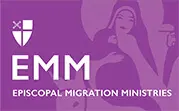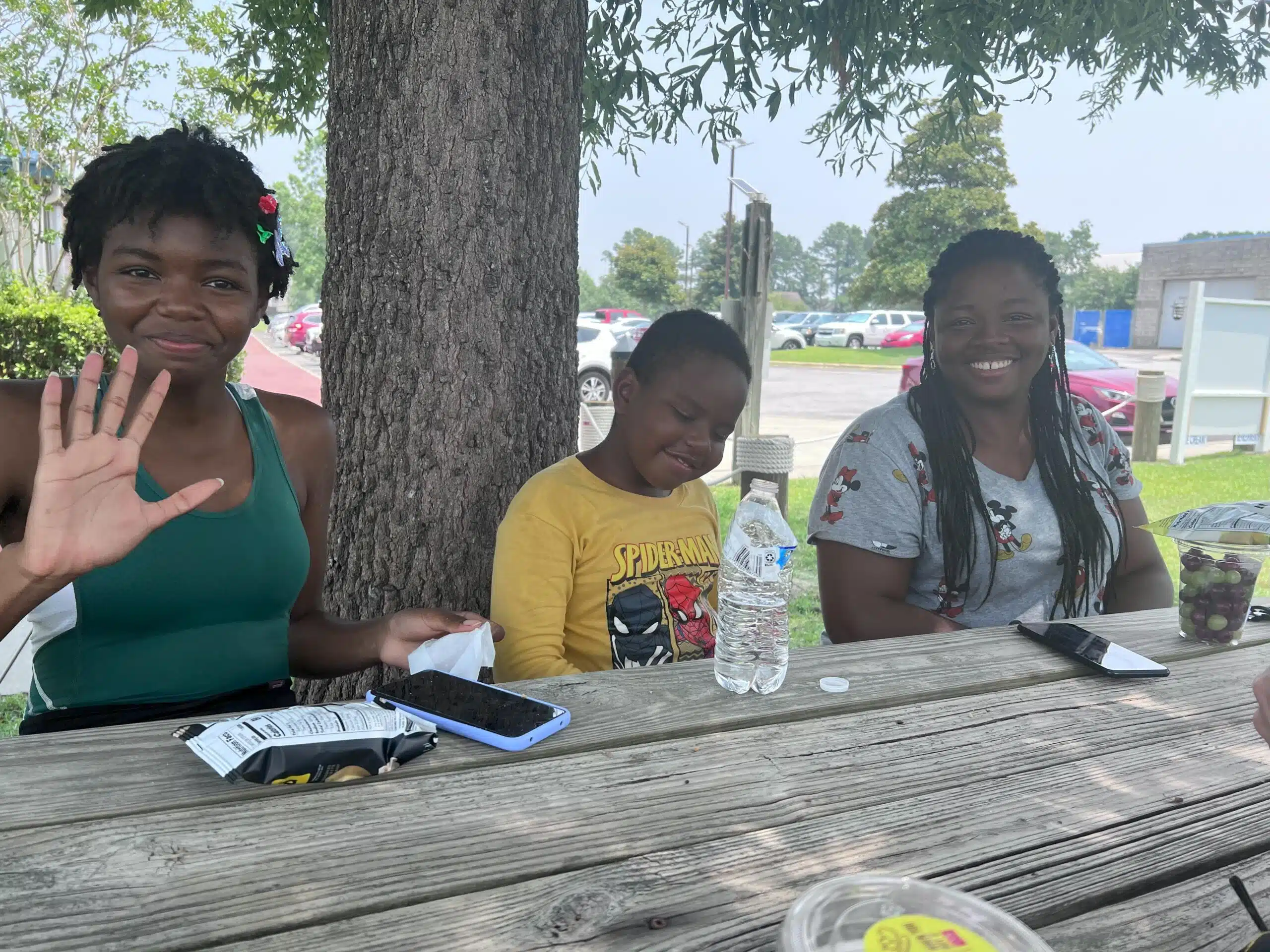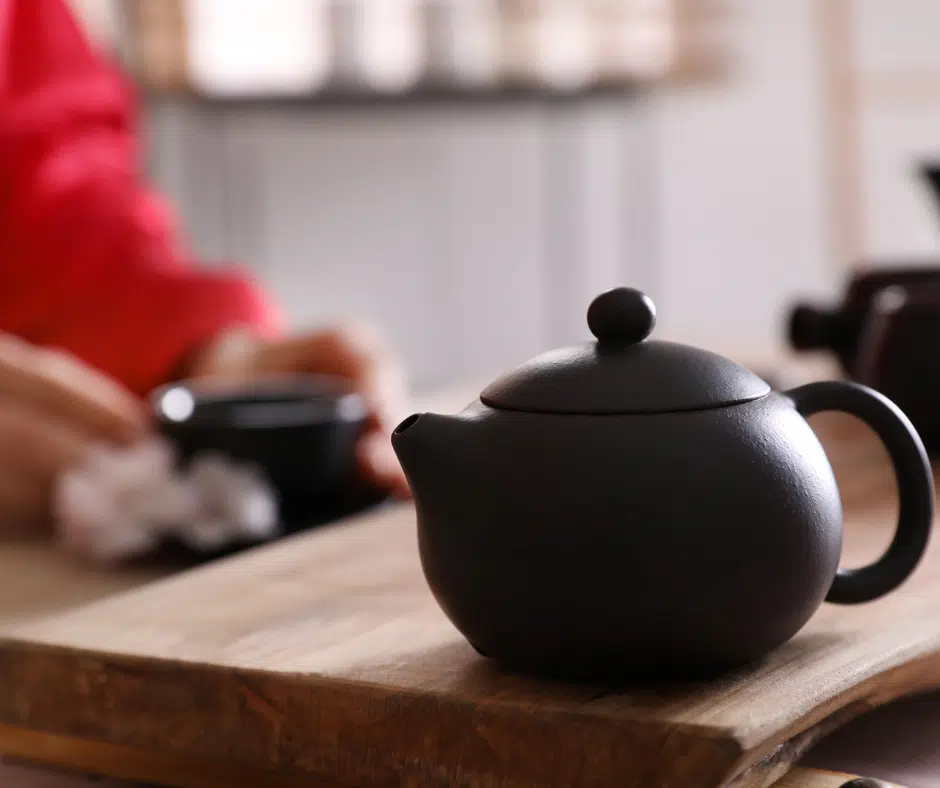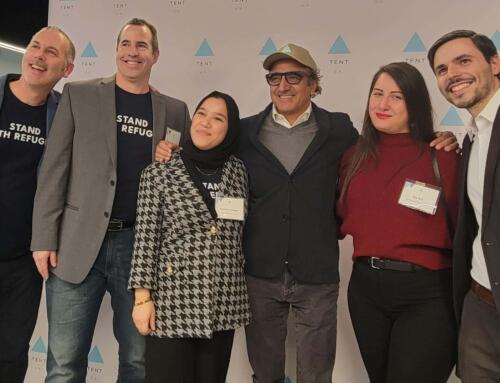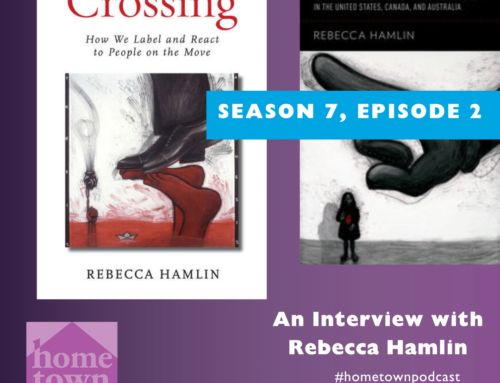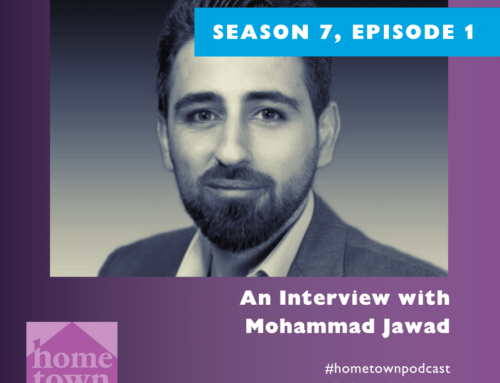This is Part 6 of a series of posts about community sponsorship as practiced by one of EMM’s affiliates, Interfaith Refugee Ministry, in New Bern, NC. Read Part 1, Part 2, Part 3, Part 4 and Part 5.
In 2023, the “Refugee Welcome” team at First Presbyterian Church (FPC) served as co-sponsors for a family of refugees resettled through Interfaith Refugee Ministry (IRM). As their formal sponsorship came to an end, team members looked back at what they had learned. They also shared some points they wished more people understood about refugee resettlement.
What have the sponsors learned from this experience?
Co-sponsorship of refugees requires commitment, organization, and flexibility. It’s important to know that while there is a process, not everything will go as planned. Mike Murrie served as FPC team coordinator. Before the family arrived, he observed, there was “a lot of ambiguity, and many moving parts,” as travel dates and details changed. As team leader, he had to “handle a lot of messages at once.” He tried to show appreciation for what people offered. But he also had to keep in mind “constraints,” such as how much furniture could fit into a small apartment. Mike was grateful for some volunteers’ loyalty. “Some people just continually stepped up to help with tutoring and visit the family at their home.” His teammate Helen Robinson, in turn, noted the value of having a skilled coordinator for their team: “Mike has done a great job! We couldn’t have done it without his steady oversight.”

An effective co-sponsor team needs committed leadership and many people willing to lend a hand in specific ways.
While helping newcomers settle into the New Bern area, the co-sponsor team recognized some of the inadequacies in local infrastructure. “The need for public transportation in our area is huge,” noted Helen. The co-sponsor team had not volunteered to help with transportation. Nonetheless, IRM staff often asked them to help provide rides, since the local bus service was so limited, and staff were working with multiple clients. Members of the FPC team responded to pointed requests from IRM that they help with transportation. And when they in turn asked fellow congregants to support the newcomers in concrete ways, people often complied.
The experience of welcoming a family with their specific history and preferences also taught the co-sponsors to question their own assumptions. Mike Murrie recognized, for example, that he was initially surprised by the newcomers’ appearance: “They struck me as well dressed, well-coiffed. You hear stories about refugees being destitute, and that’s often true. But that taught me to not be presumptive about anything, to not make any assumptions at all. You just have to be open to every situation.”
Helen likewise told a story about having taken the family shopping for groceries. She pointed out where tortillas were sold, only to realize that they weren’t interested – they wanted croissants! “We all laugh at our mistaken stereotypes,” she said, “And this family is delightful! It’s been a pleasure to get to know them, as a family and as individual members.” Ultimately, the experience of welcoming a specific family to their community enables co-sponsors to move beyond stereotypes and assumptions. Instead, they come to know their new neighbors as individuals with unique dreams, desires and stories.
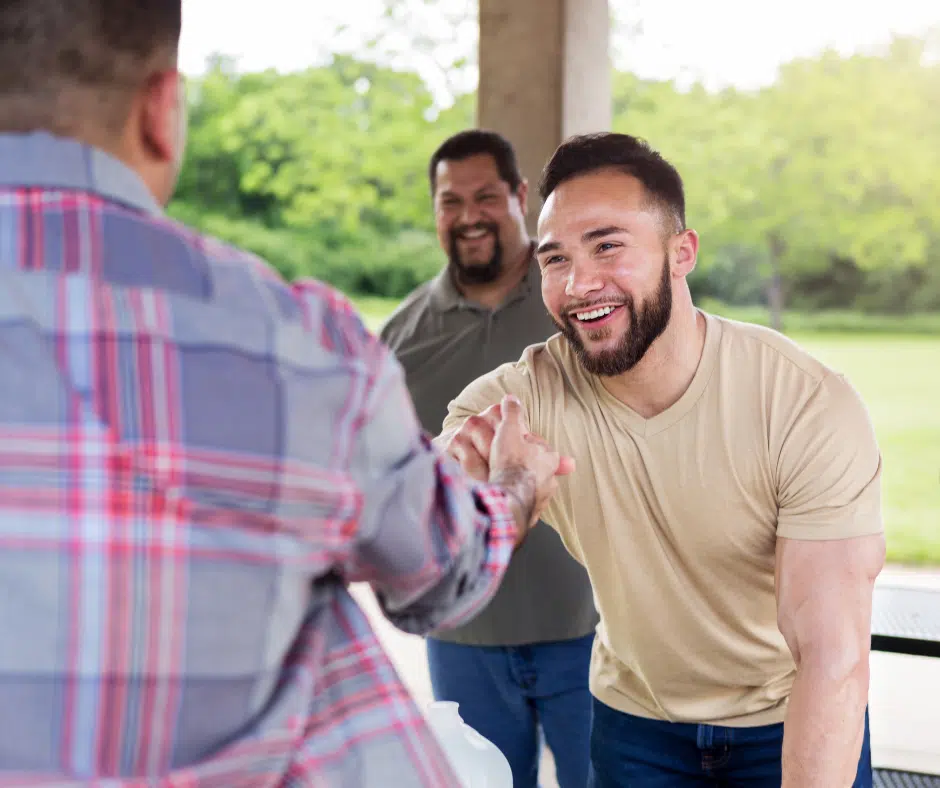
Getting to know specific individuals, their stories and their hopes for the future, is easily done by inviting newcomers to join in community activities or simply to share a cup of tea.
What do they wish more people in the U.S. understood about refugees and refugee resettlement?
Having learned these lessons through their relationships with this specific family, members of the FPC “welcome team” also have some hopes for others in American society.
First, they hope people will realize that refugees are a distinct population. They are not the same as asylum seekers, humanitarian parolees, or others subsumed under the broad category of “immigrants.” There are many pathways to enter the U.S. legally. People recognized as “refugees” have already demonstrated through rigorous interviews and vetting that they cannot safely return to their homeland. As Helen Robinson puts it, “Refugees are not doing this for kicks and giggles. These people are not ‘the enemy’… And they are not getting a free ride!” Refugees are people who have asked for safety, based on evidence of specific and clear dangers. Once admitted to the U.S., they receive very limited financial and material assistance as they begin a new life. For this reason, adults must start working as soon as possible, even if the jobs available do not meet their expectations.
By learning about migration in today’s world, community sponsors hope that others will see that humanity has always been “on the move.” As Mike Murrie explained,
We have to remember that we all are “refugees,” if we go back far enough in our history. Even if we have ancestors in North America that go back to the 1600s, we’re still refugees. And those of us who maybe came from the British Isles, if you go back 1000 years — you’re refugees again.
In other words, regardless of our current citizenship, many Americans descended from people who were themselves newcomers. (If our ancestors were forced to leave native lands, then identifying with today’s refugees is also not hard.)
Keeping this awareness front and center may enhance our ability to be welcoming to others. Again, Mike Murrie:
I spent some time in Egypt in the early 1990s. People there are still so welcoming! It’s so much a part of their culture…It would really help our economy and our communities to be more welcoming. Plus, it’s just fun to meet people from other cultures, and understand what’s going on, and hear their stories.
Ultimately, community sponsorship of refugees offers a tremendous opportunity to people across the country. It’s an opportunity to build relationships with people from other backgrounds and find creative ways to connect. It’s a chance to see familiar surroundings with new eyes and be reminded of our common humanity. If the experiences of folks from New Bern are any indication, the partnerships between community sponsors and established resettlement agencies offer many benefits for everyone, including newcomers and volunteers.
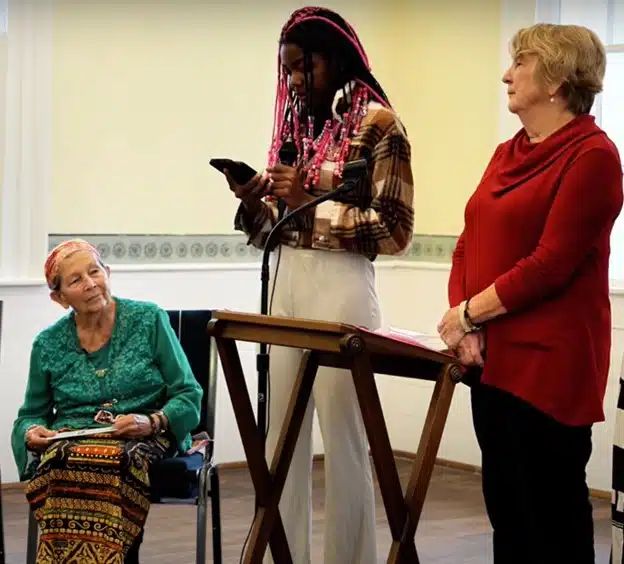
As she said, “When the place where you grew up is no longer yours,” fleeing and finding a new life can be exceedingly difficult. However, receiving a genuine and compassionate welcome from people in the place where you end up resettling can make all the difference to your ability to move on with your life, and to the richness of others’ lives as well.
***
To learn more about opportunities to engage in the work of welcome through EMM’s network, take the Ways to Welcome assessment.
